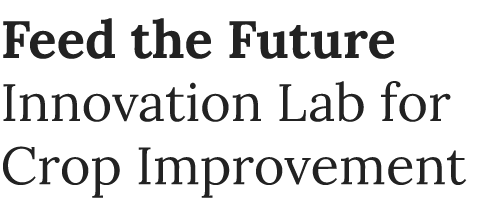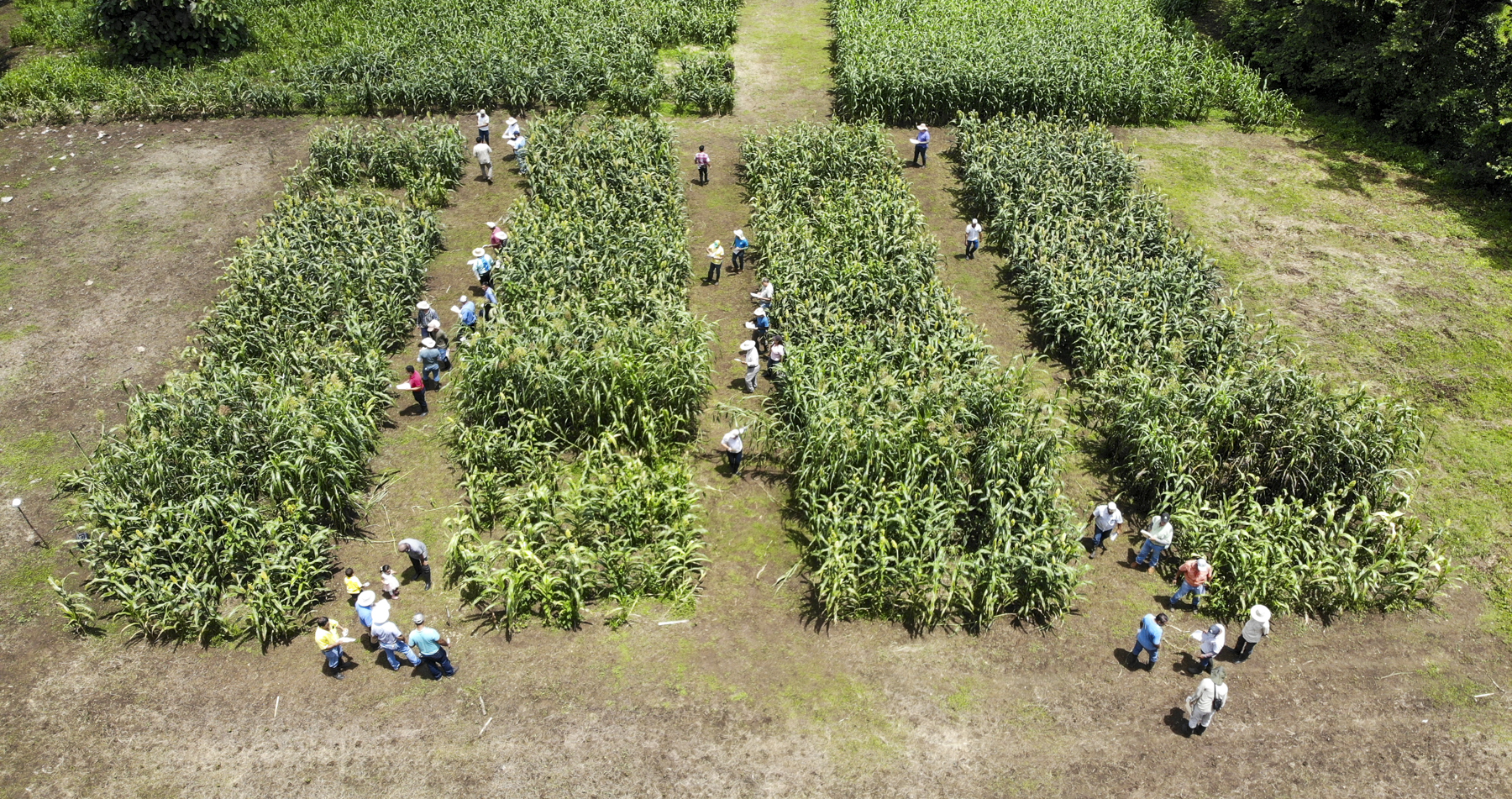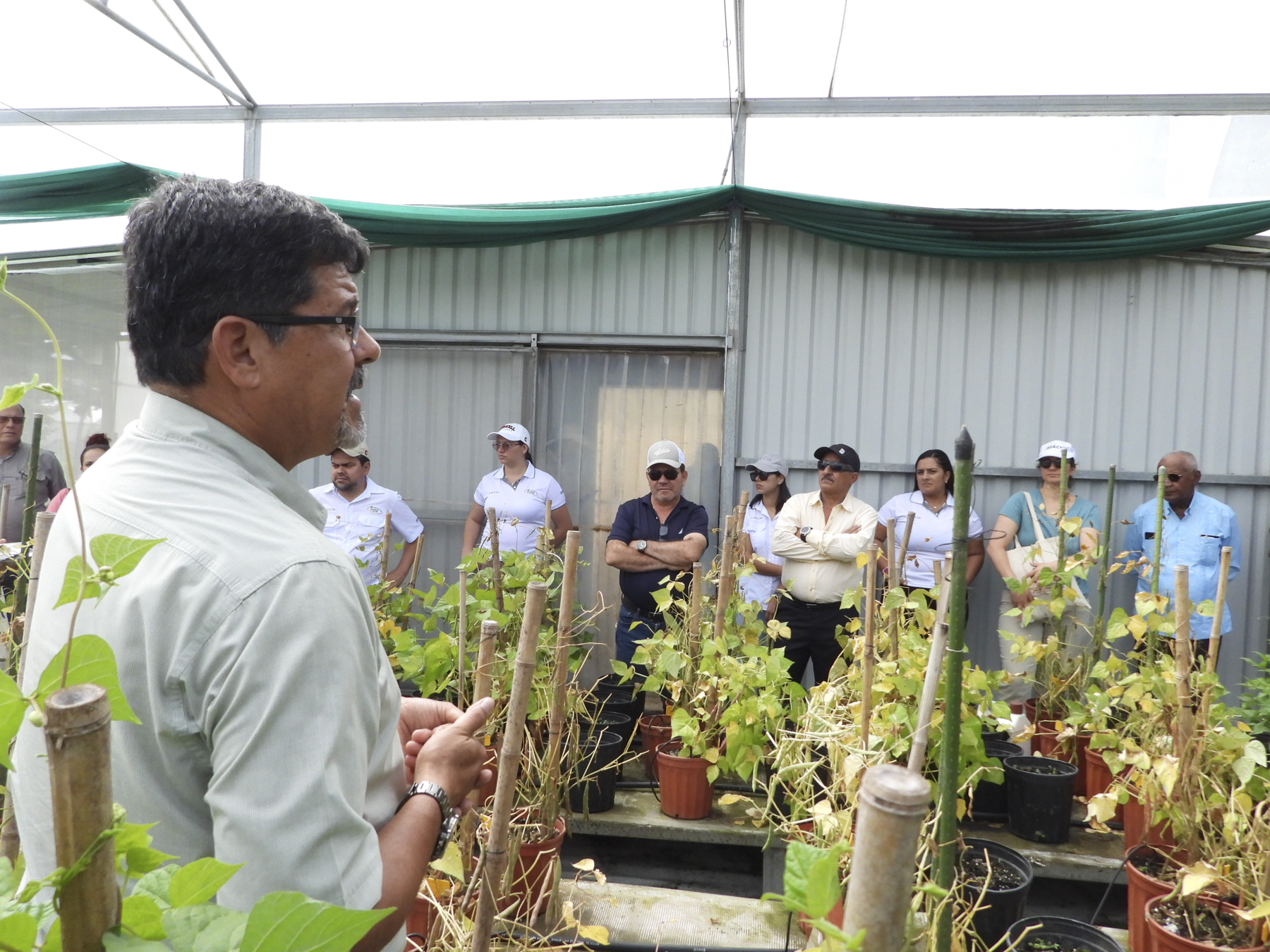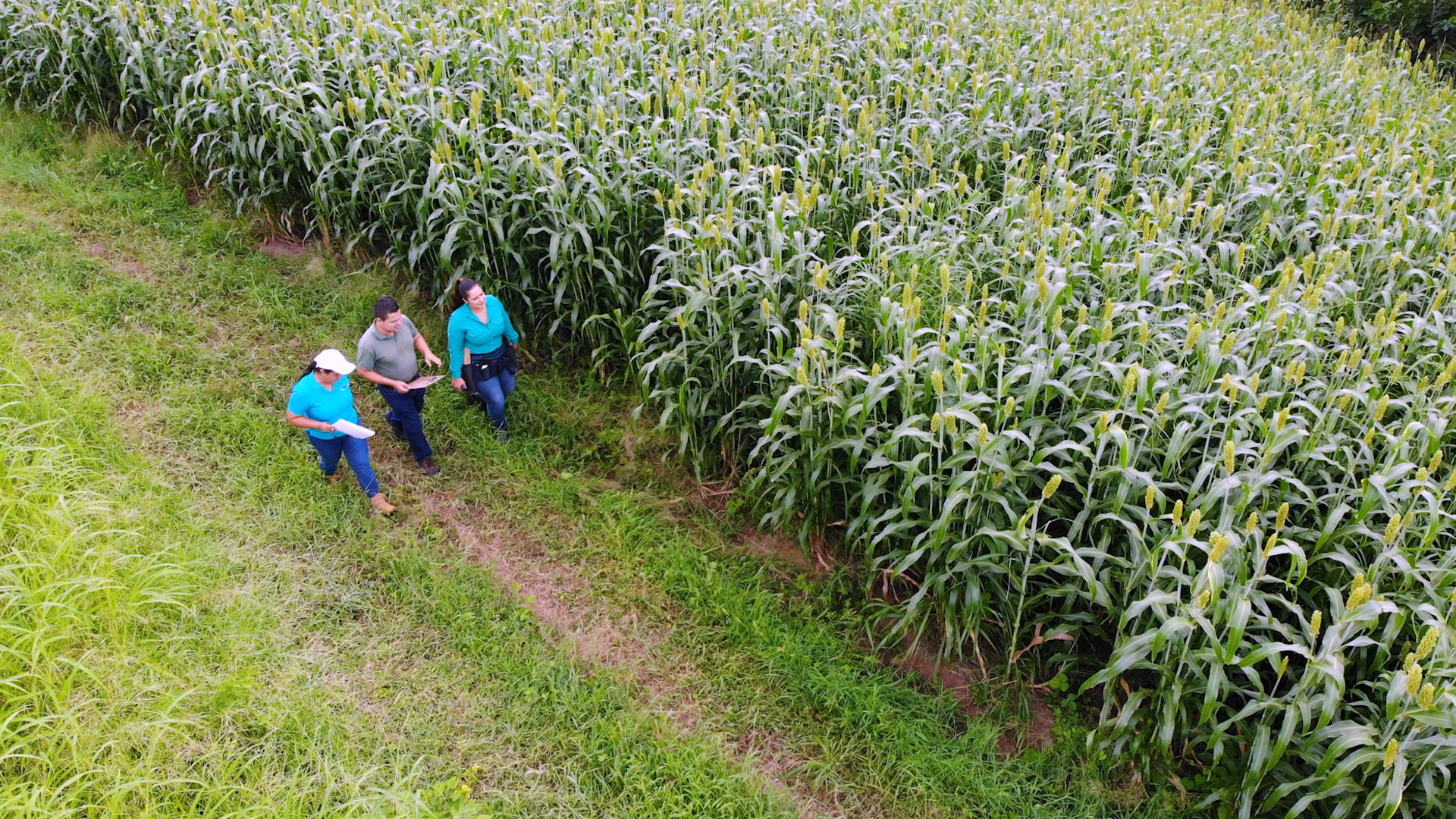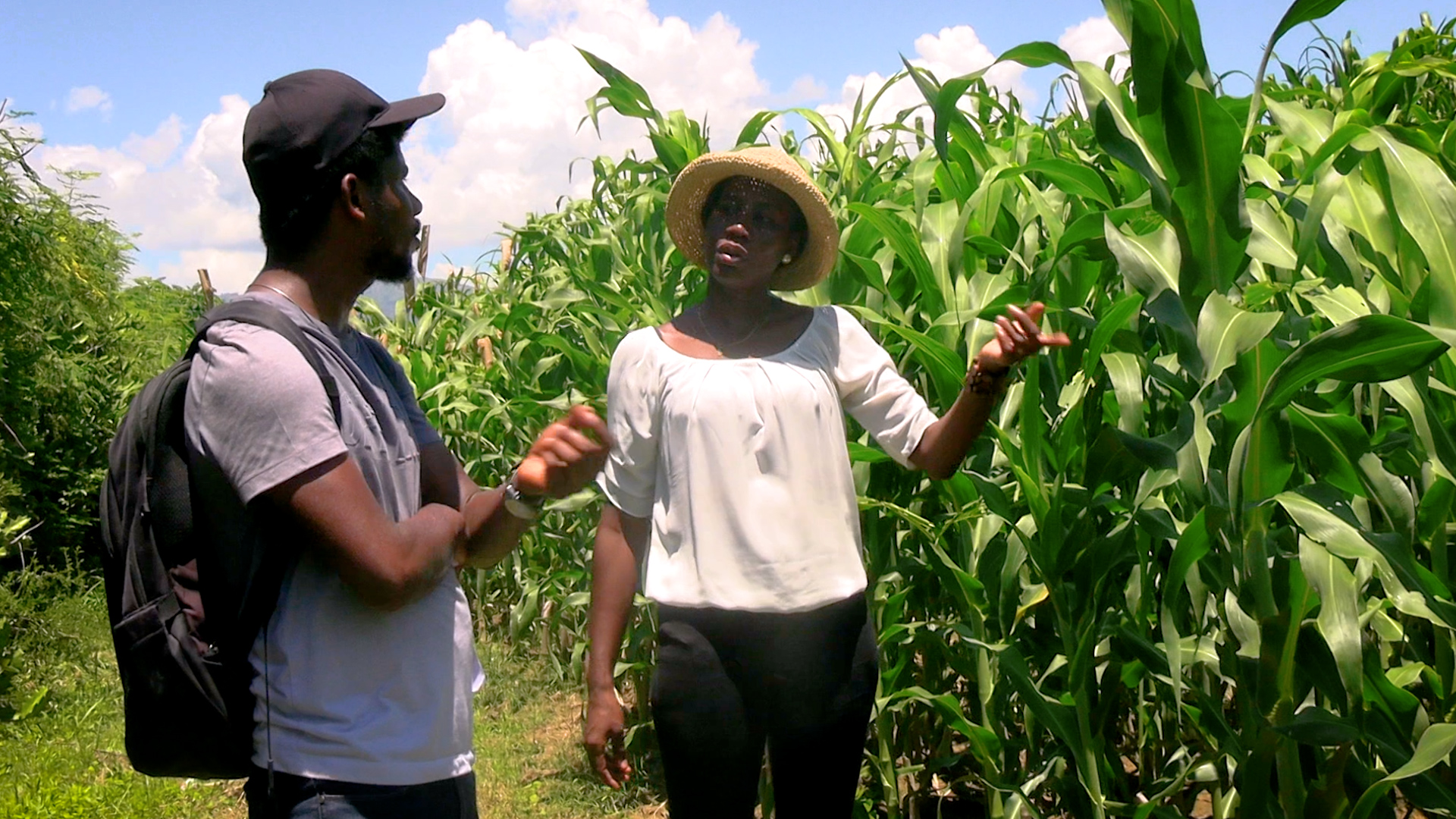Since its launch in 2021, the Central American and Caribbean Crop Improvement Alliance (CACCIA) has spurred crucial advancements in breeding crops resilient to the challenges posed by climate change in Costa Rica and Haiti. Building on this success, the program is actively exploring opportunities to extend its reach into new countries, aiming to expedite food security efforts across the region.
In a stride towards creating a collaborative network for sustainable agriculture, CACCIA leaders convened agricultural authorities from Central America and the Caribbean in Costa Rica for a three-day gathering in September focused on innovation. Hosted by the Instituto Nacional de Innovación y Transferencia en Tecnología Agropecuaria (INTA), a research and support entity for Costa Rican producers affiliated with the Ministry of Agriculture and Livestock. The collaborative meeting unveiled the latest developments in the CACCIA project and fostered deeper collaborations with national agricultural research organizations in the region.
Roberto Camacho, executive director of INTA and principal investigator for CACCIA, highlighted the time as an opportunity to unite countries in Central America and the Caribbean and to foster discussions on shared challenges and collaborative solutions.
“I consider it extremely feasible that together the countries of Central America and the Caribbean can identify priorities to develop a consolidated, well-coordinated, and integrated initiative to continue strengthening the research and development system for the benefit of all producers in the region,” Camacho said.
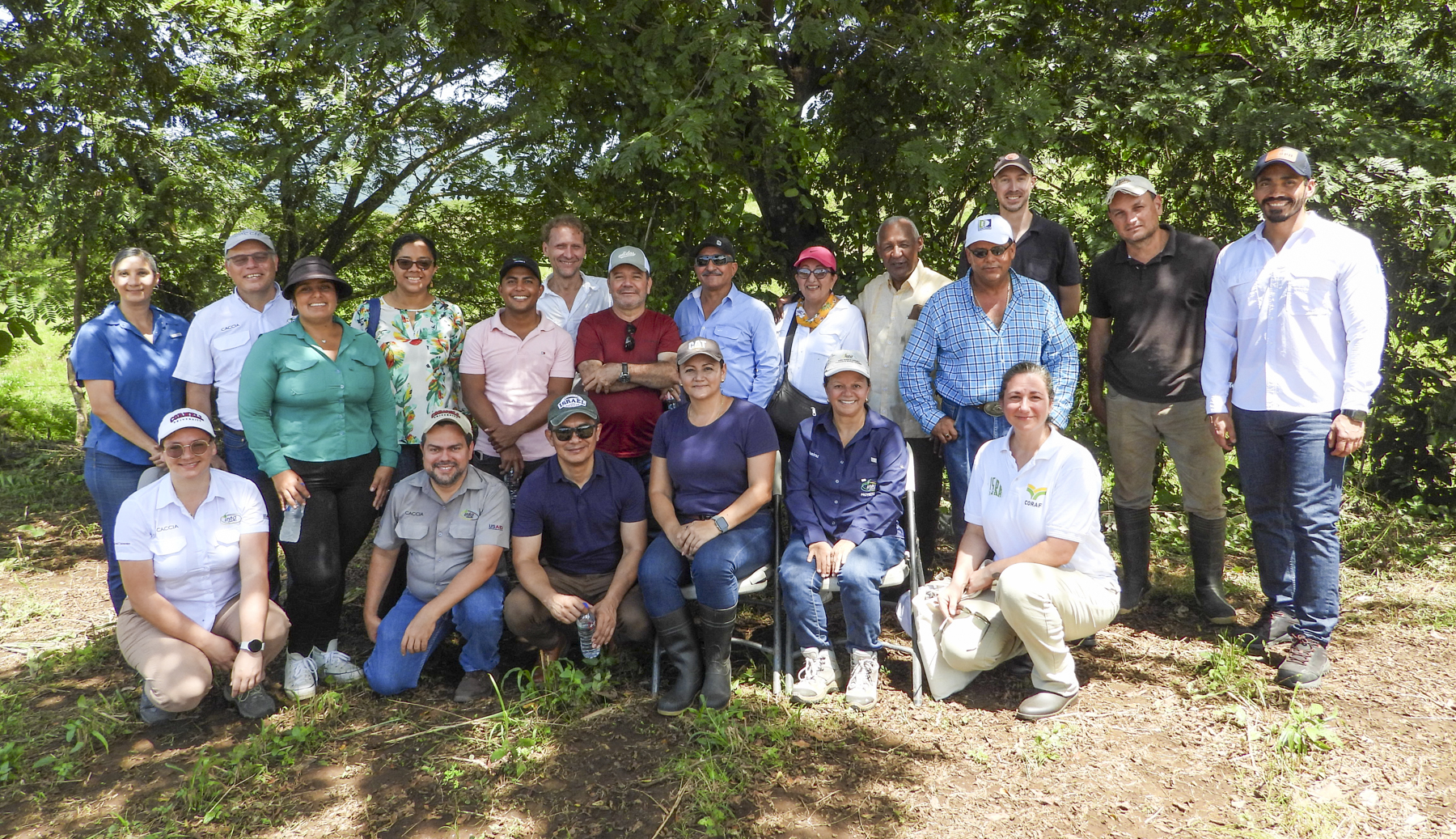
CACCIA, supported by the Feed the Future Innovation Lab for Crop Improvement and led by Camacho at INTA and Gael Pressoir at Quisqueya University in Haiti, attracted national representatives from Belize, Colombia, Dominican Republic, El Salvador, Guatemala, Honduras, Panama and Peru. Participants also included representatives from two CGIAR programs — the International Potato Center (CIP) and the International Center for Tropical Agriculture (CIAT) — as well as the Inter-American Institute for Cooperation on Agriculture (IICA), EARTH University, the Tropical Agronomic Research and Teaching Center (CATIE), Costa Rica public universities, the Food and Agriculture Organization of the United Nations (FAO), Cornell University, and the U.S. Agency for International Development (USAID).
Representatives of National and Regional Agricultural Research Institutes
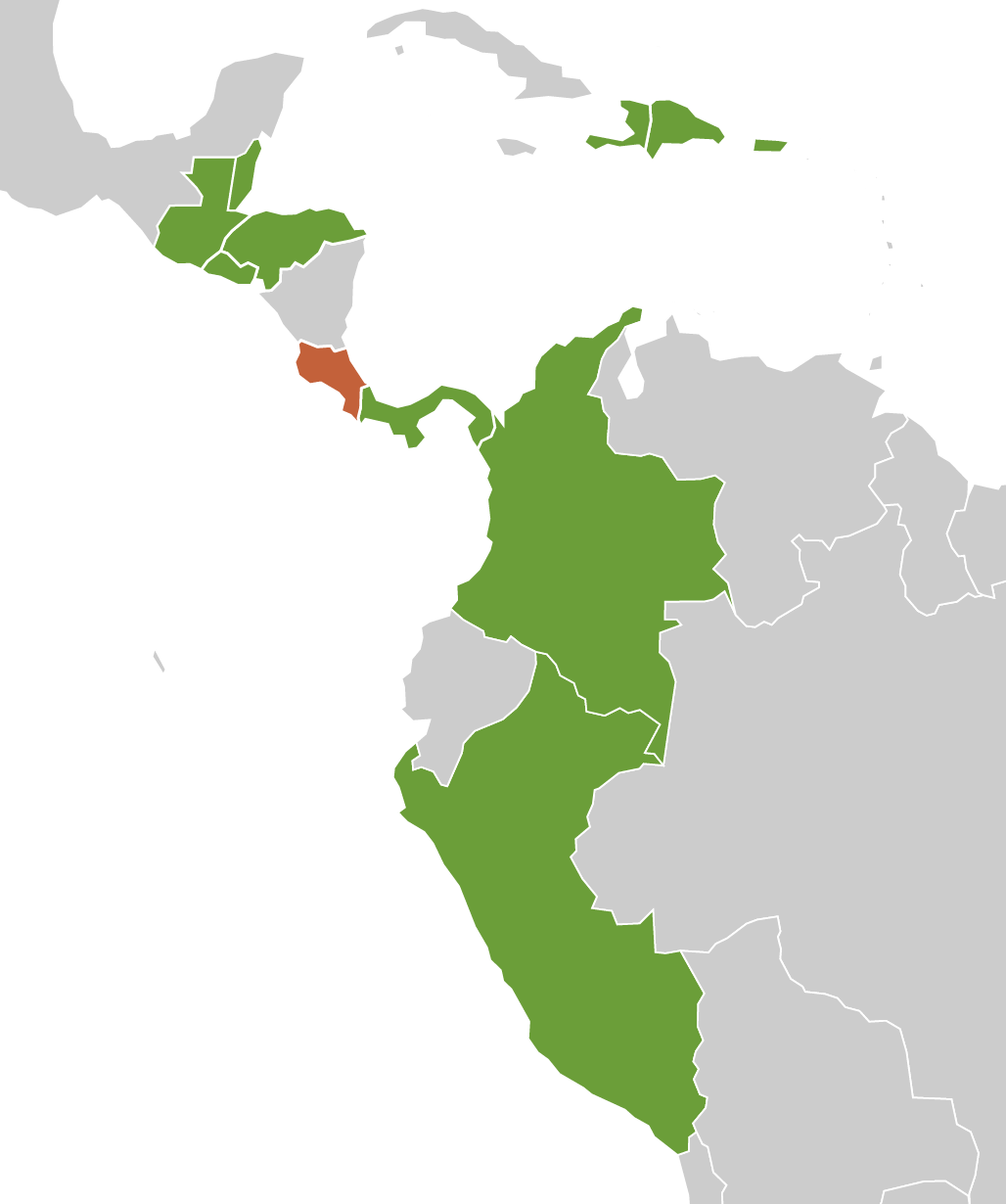
"I consider it extremely feasible that together the countries of Central America and the Caribbean can identify priorities to develop a consolidated, well-coordinated, and integrated initiative to continue strengthening the research and development system for the benefit of all producers in the region."
José Roberto CamachoExecutive Director of INTA and Principal Investigator for CACCIA
Over the past two years, CACCIA has engaged with ILCI’s objective area teams to build and deploy targeted plant breeding tools across a continuum of crop improvement. Camacho said that ILCI has catalyzed technical learning and exchange both with U.S. university researchers and organizations in the Global South. Camacho emphasized the success of CACCIA in integrating science and technology into plant breeding practices, thereby contributing to food security through the cultivation of productive, nutritious, and resilient crops.
“Collaborative science spanning borders leads to agriculture-led economic growth that strengthens resilience, and CACCIA is a powerful example of that progress. We are excited by the prospects of CACCIA catalyzing more of that work across Central America and the Caribbean,” said Stephen Kresovich, director for ILCI and professor of plant breeding and genetics in the School of Integrative Plant Science at Cornell and the Robert and Lois Coker Trustees Chair of Genetics at Clemson University.
Following the project presentation, participants visited the collaborative bean breeding program between INTA and the University of Costa Rica at the Fabio Baudrit Moreno Research Station in La Garita, Alajuela, along with the Enrique Jiménez Núñez Research Station in Cañas, Guanacaste, which showcased INTA’s sorghum breeding program.
“We are all facing together the consequences of climate change and increases in heat and drought,” said Arnulfo Gutierrez, director general for the Instituto de Innovación Agropecuaria de Panamá (IDIAP). “We must be sure that there will be food for our people, and I believe that the national research institutes play an important role in research as the basis of the whole productive system. I believe that together we will be able to face these problems more efficiently.”
During the field tours, both local and international guests visited farms to engage with Costa Rican specialists, technicians, and producers.
“This meeting is a great opportunity for many agricultural research centers and organizations in the region to share challenges, goals and identify opportunities for collaboration,” said Faith Bartz Tarr, agreement officer’s representatives (AOR) for USAID.
Central American and Caribbean Crop Improvement Alliance (CACCIA) leadership

José Roberto Camacho

